African healers hold a profound understanding of medicinal plants, passed down through generations. This knowledge encapsulates ancient wisdom about nature’s remedies, treating ailments from digestive issues to skin infections. However, the availability of these powerful plants is threatened by environmental degradation and deforestation. If we appreciate the medicinal properties of these plants, we can advocate for the preservation of their habitats and, by extension, their irreplaceable healing benefits.
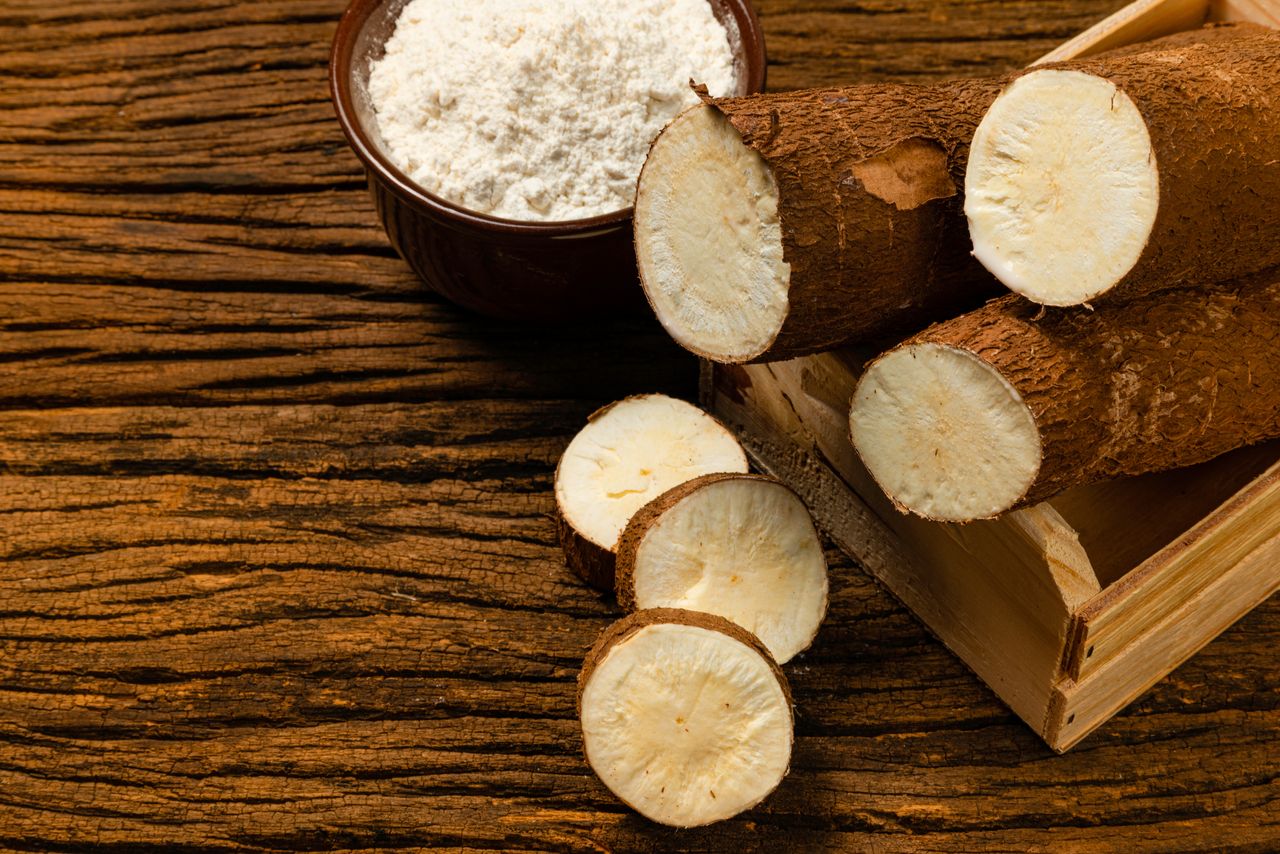
1. Arrowroot: A Nutrient-Rich Digestive Aid
Native to East Africa, arrowroot is a perennial herb treasured for its nutritional benefits and easy digestibility. Often given to infants and elderly patients, arrowroot soothes digestive discomfort and is particularly useful for those with irritable bowel syndrome. This starch-rich plant is a testament to the gentle but effective remedies African healers have used for generations to nourish and support overall health.

2. Castor Oil: Pain Relief for Muscles and Joints
The castor plant, an evergreen shrub found primarily in Eastern Africa, produces castor oil, known for its powerful anti-inflammatory properties. Castor oil is traditionally applied to sore muscles, arthritic joints, and areas affected by nerve damage to relieve pain. It’s also effective against chronic pain and swelling, making it a go-to remedy for conditions that limit mobility.

3. Geranium: Natural Healer for Infections and Skin Irritations
South African healers have long valued geranium oil, often referred to as rose-scented pelargonium oil. This plant is used to treat cold sores, sore throats, and skin infections, owing to its natural antimicrobial properties. Today, geranium oil remains popular in aromatherapy and is used to promote relaxation while supporting immune health.
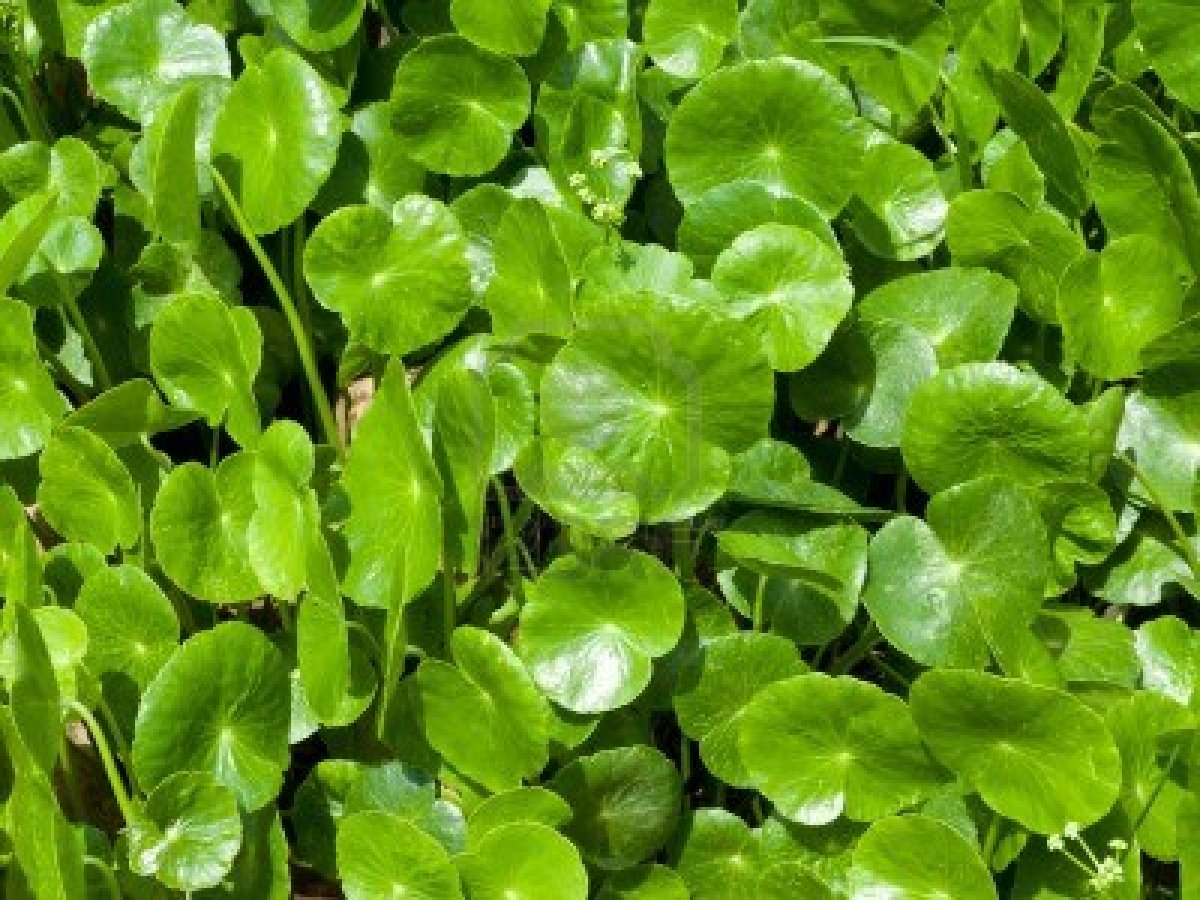
4. Gotu Kola: A Rejuvenating Herb for Mind and Body
Gotu Kola, though native to Asia and the Philippines, has become a staple among African holistic healers for its wide-ranging benefits. This herb is known to support mental clarity, enhance memory, and rejuvenate skin and body tissue. Recent clinical studies have shown that Gotu Kola may improve cognitive function, making it a versatile addition to natural healing practices.
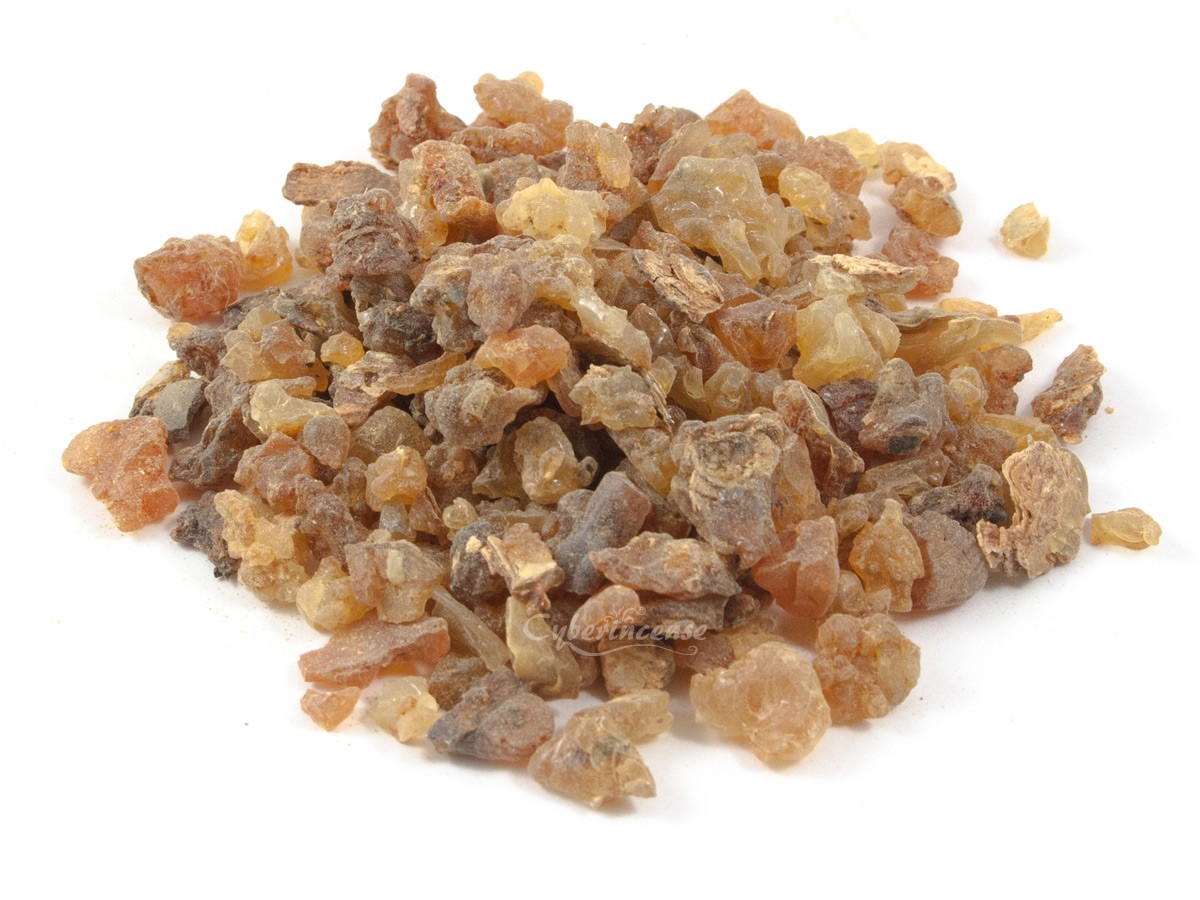
5. Myrrh: An Antiseptic Staple with Ancient Roots
Myrrh has held a revered place in African and Middle Eastern medicine for centuries, particularly in ancient Egyptian rituals. Its antifungal, antiseptic, and astringent properties make it ideal for treating skin infections and promoting wound healing. Today, myrrh remains a valuable medicinal ingredient, symbolising the enduring relevance of ancient remedies.

6. Rooibos: An Antioxidant-Rich Alternative to Tea
Rooibos, a woody shrub native to South Africa, is widely known for its health benefits. Rooibos tea is caffeine-free, low in tannins, and packed with antioxidants, making it a popular choice for promoting heart health and supporting the immune system. It’s an excellent herbal option for those looking to reduce caffeine intake while enjoying a refreshing, nutrient-dense beverage.
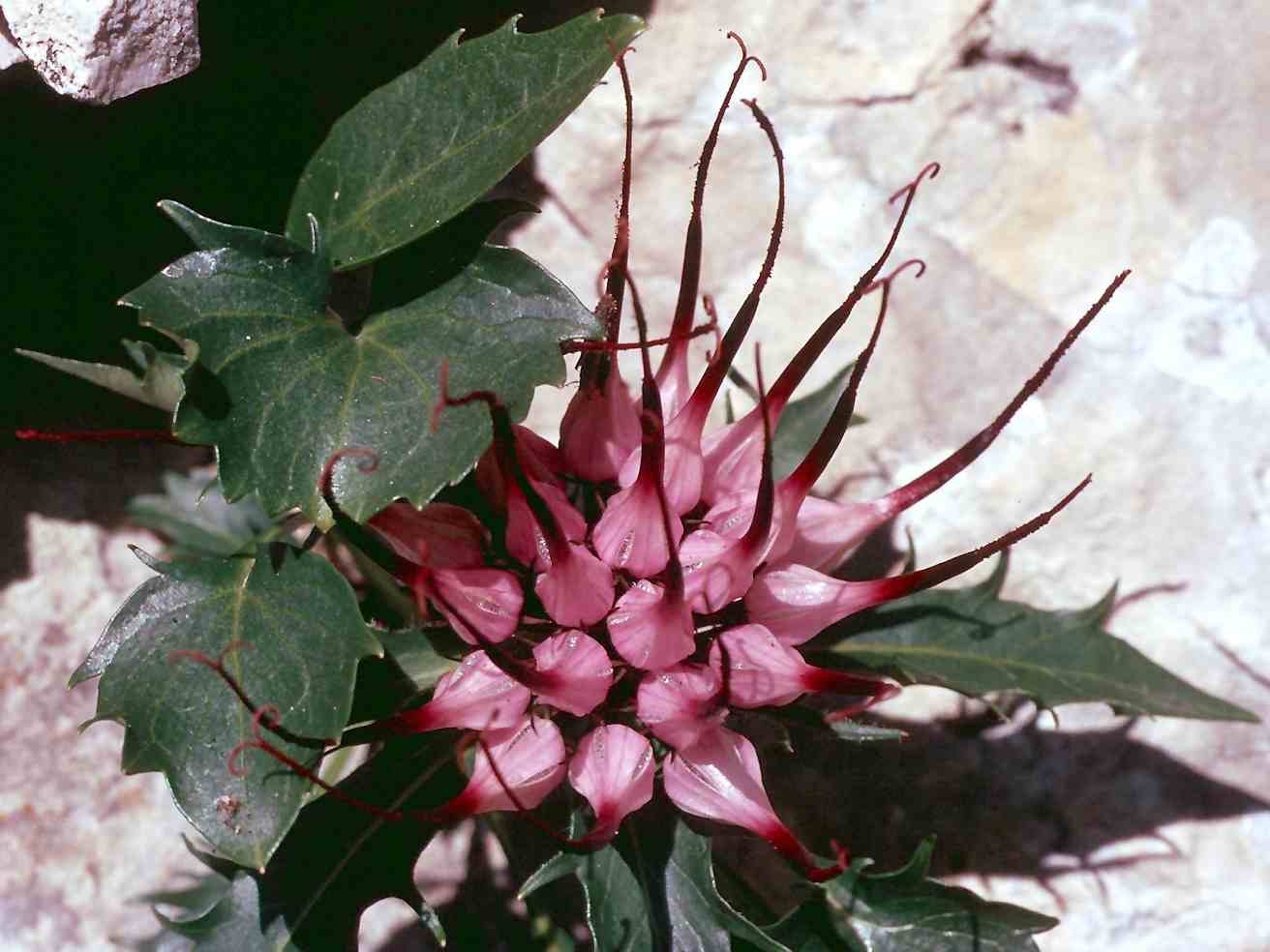
7. Devil’s Claw: Pain Relief for Joint and Mobility Issues
Devil’s Claw, a perennial vine native to Southern Africa, is recognised for its ability to alleviate joint pain from osteoarthritis and rheumatoid arthritis. The herb has significantly improved mobility and reduced inflammation, offering long-lasting relief for those suffering from chronic pain.
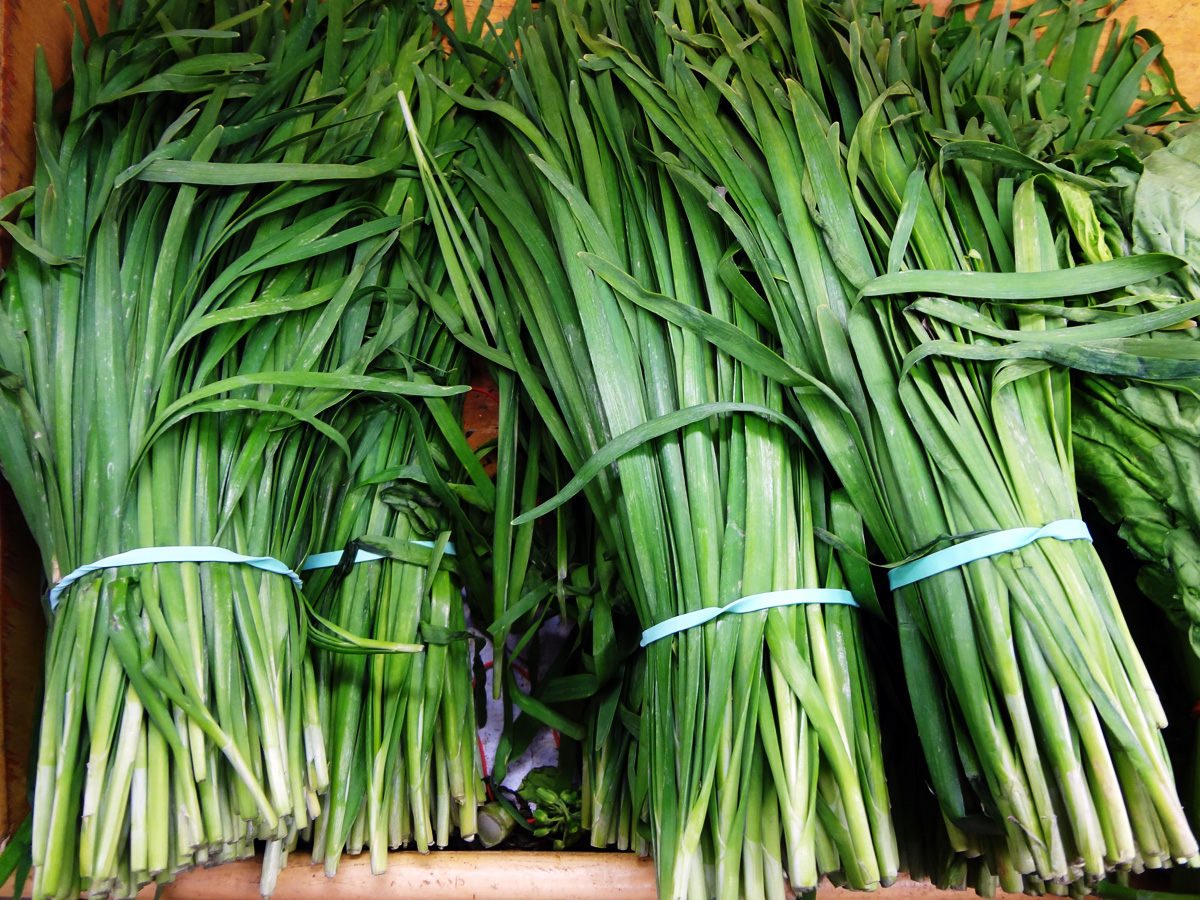
8. Buchu: Natural Support for Urinary Health
Buchu, found in South Africa, has potent antimicrobial, anti-inflammatory, and diuretic properties. African healers traditionally use buchu leaves to treat bladder and urinary tract infections, prostate infections, and kidney conditions. Its leaves and flowers are a natural solution to promote urinary health without relying on synthetic medications.
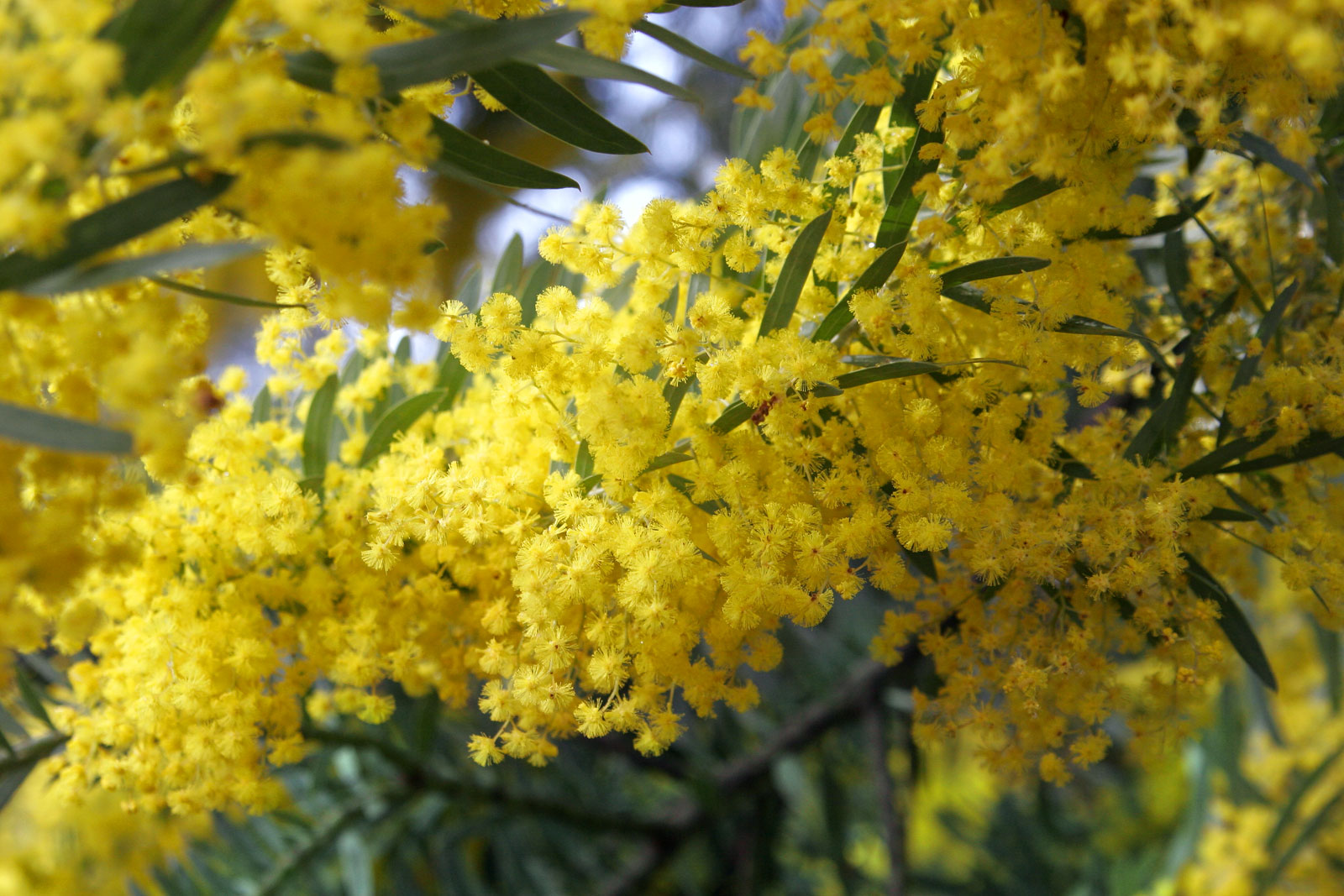
9. Acacia: Aromatic and Functional Remedy
The Acacia shrub, also known as the Egyptian thorn, is native to Madagascar and other African regions. Acacia oil is a popular essential oil in aromatherapy, used to create a calming environment and support respiratory health. It’s also widely used in organic products and foods due to its binding properties, making it a natural substitute for synthetic adhesives in foods and wellness products.
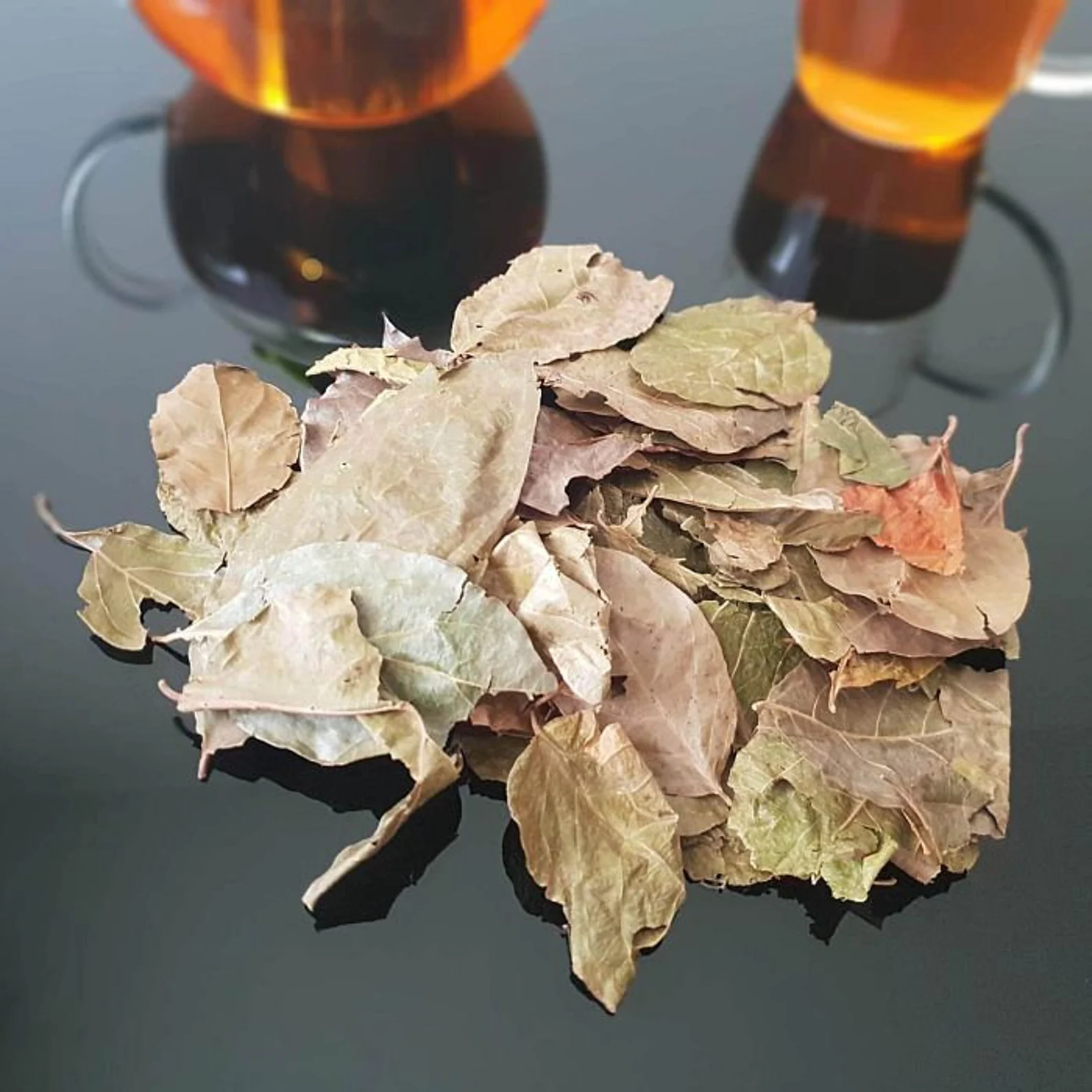
10. Kinkeliba: A Traditional Tea with Antioxidant Benefits
Kinkeliba, often referred to as the “tea of longevity,” is native to West Africa. Known for its high antioxidant content, it is used to support liver health, aid digestion, and relieve fevers. African healers traditionally brew kinkeliba leaves into a tea to restore energy and promote wellness, particularly during recovery from illness.
The Takeaway
African healers’ knowledge of medicinal plants is invaluable. These plants offer natural alternatives to synthetic treatments and promote holistic health. As these plants face the threat of deforestation, it’s more important than ever to understand their uses and advocate for preserving their natural habitats. Protecting these plants is not only a matter of environmental conservation but also a way of honouring the wisdom and heritage of African healing traditions.







